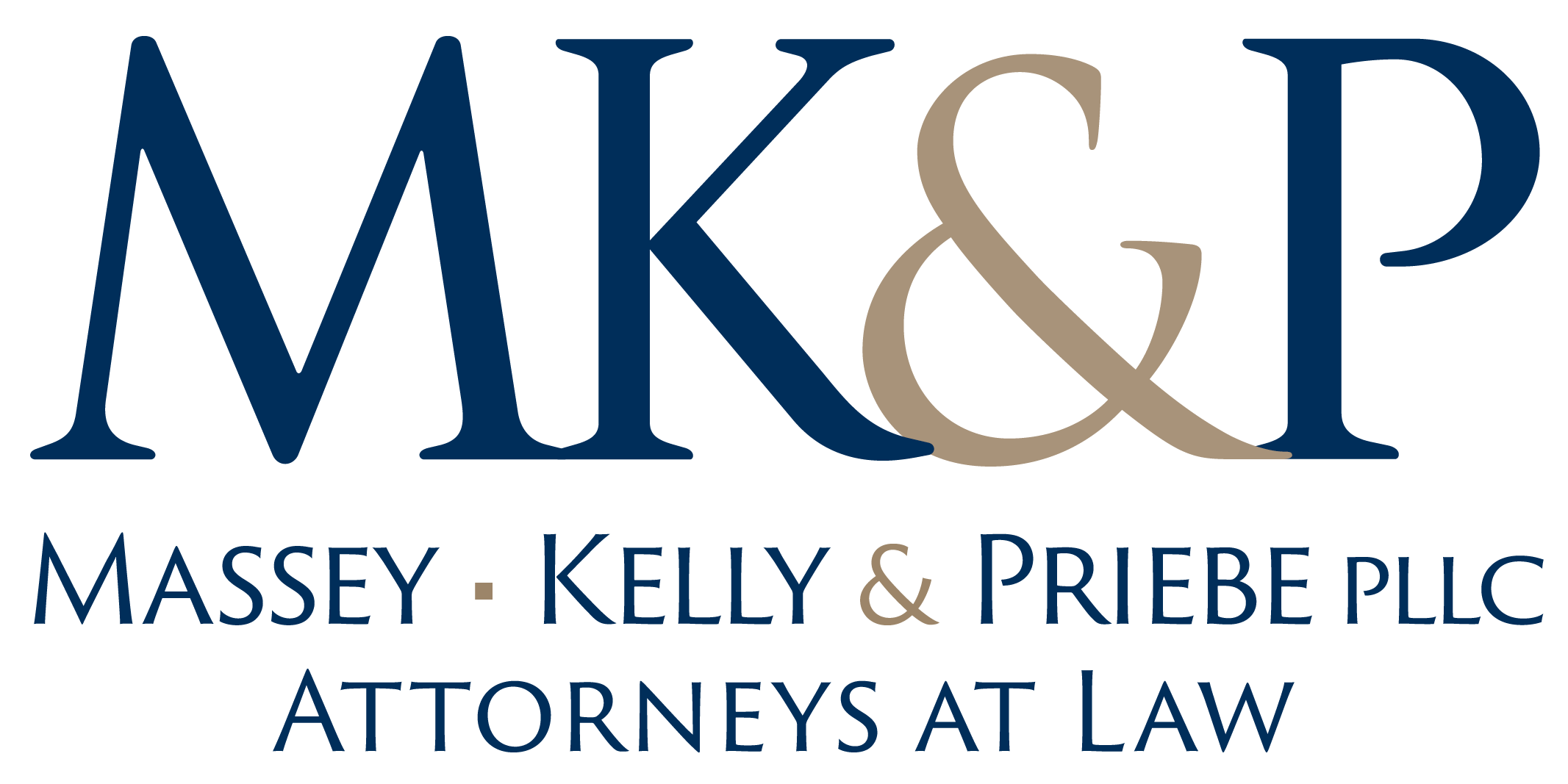
COMMON LAW MARRIAGES IN COLORADO
There are many misconceptions and myths when it comes to common law marriages. The family law attorneys in Fort Collins at Vahrenwald, McMahill, Massey & Mitchell, LLC will help you navigate the world of common law marriages in Colorado.
DECLARING COMMON LAW MARRIAGES
If you’re considering declaring a common law marriage in Colorado, our family law experts will give you the legal advice you need. Below, you will find a list of the determining factors in declaring a common law marriage.
- The couple cohabitates, mutually agrees to be married, and openly holds themselves as married to the public.
- The couple files joint federal and state taxes.
- There must be evidence of an informal ritual of marriage, such as a unity ceremony or the wearing of rings.
- The couple shares joint bank accounts.
- The couple owns joint property.
- In Colorado, there is no set time-frame couples have to live together before declaring a common law marriage.
COMMON LAW MARRIAGE IMPLICATIONS
After understanding the determining factors that allow couples to declare a common law marriage, it is just as important that couples understand the implications of a common law marriage.
- Common law marriages can’t be annulled; they are subject to a traditional divorce proceeding.
- Partners in common law marriages have the right to property claims and alimony if the relationship ends.
- Any document in which you declare your partner as your spouse can be used in a court of law to prove your common law marriage.
There is a lot to common law marriages, and they are not always straightforward. If you need help with your rights as a couple with a common law marriage, or if you need help proving the validity of your common law marriage, contact our family law attorneys in Fort Collins.
